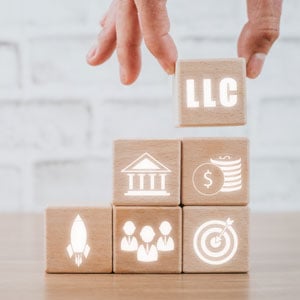 Types Of Liability To Watch Out For
Types Of Liability To Watch Out ForAs a business owner, understanding the various types of potential liability is essential for protecting both your personal and business assets. General liability is one of these common risks faced by business owners, which include slip and fall accidents by visitors or customers on your property. General Liability insurance is a must for any business owner. This policy should be in the name of the business and generally covers major risks Product liability is also a risk if you manufacture or supply products, as you could be held responsible for defects or harm caused by your products.
If your business involves delivery or transportation, auto liability is an obvious risk and you should consider auto liability coverage, especially if employees are driving on behalf of your company. Worker’s compensation insurance is essential if you have employees since it will cover any injuries they may sustain on the job. Finally, as your business grows and you bring in more people, directors and officers insurance can help protect board members and key executives from claims related to their decisions and leadership. Consulting an attorney can clarify specific coverage needs based on your business activities and industry.
Protecting your personal assets from business liabilities is vital in any set of circumstances, especially if you operate a small sole proprietor business. Be aware of these two critical steps to position yourself for the best protection you can. First, incorporate your business by forming a corporation or limited liability company (LLC). These legal structures separate your personal assets from business obligations, reducing personal exposure to liability.
Second, follow through with any corporate formalities necessary to preserve this protection. This includes:
Consistently following these steps ensures that your business remains legally distinct, helping shield your personal assets from potential claims against the business.
Incorporating your business as a corporation or limited liability company will offer you the perfect balance of strength and accessibility when it comes to liability protection. Both structures separate your personal assets from business liabilities, helping shield you from personal responsibility for business debts or legal claims. Each structure requires adherence to specific formalities such as keeping organized records and meeting other legal requirements to maintain these protections effectively. Given the limited or nonexistent asset protection provided by a sole proprietorship, I generally advise against it as an option for business owners. Again, working with a legal advisor can ensure that you maximize these protections based on your specific business needs.
For more information on Protecting Your Startup From A Liability, a free initial consultation is your next best step. Get the information and legal answers you are seeking by calling (630) 608-2124 today.